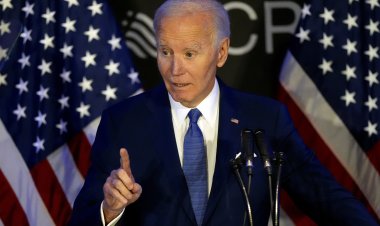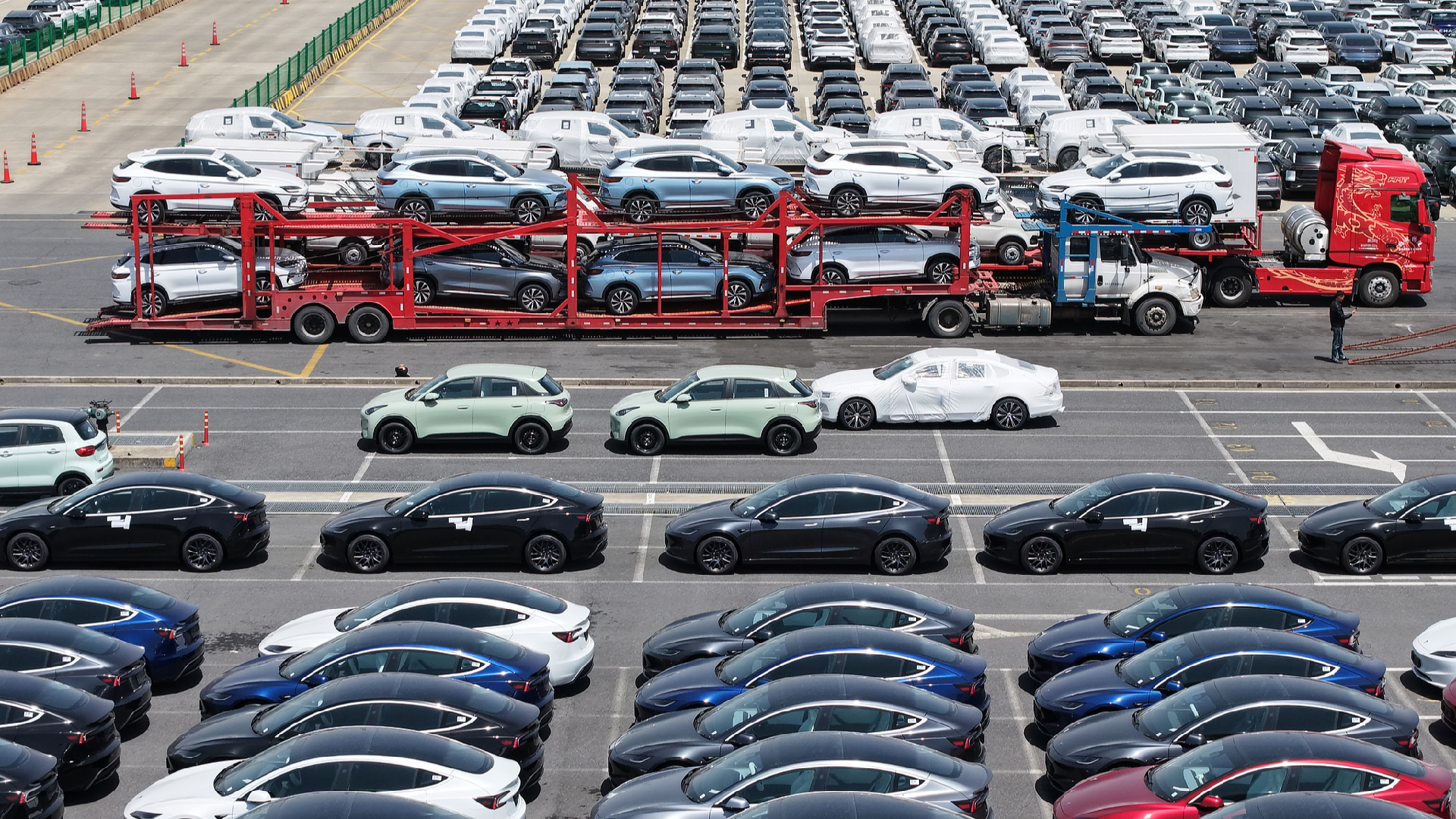UK debt level reaches highest point in 60 years, according to new data
According to the Office for National Statistics, Britain's national debt has now matched the size of the nation's GDP.

In August, government borrowing escalated to £13.7 billion, matching the total annual economic output, the ONS disclosed.
"Borrowing was up by over £3 billion last month on 2023’s figure, and was the third highest August borrowing on record," stated ONS chief economist Grant Fitzner.
According to Treasury Chief Secretary Darren Jones, the responsibility for the dire state of public finances falls on the Conservative Party. He indicated that the incoming Labor administration would face severe challenges in reviving the economic landscape.
“When we came into office, we inherited an economy that wasn’t working for working people. Today’s data shows the highest August borrowing on record, outside the pandemic. Debt is 100% of GDP, the highest level since the 1960s,” Jones remarked.
Historical peaks in government debt occurred during the 2008 global financial crisis and were exacerbated during the Covid-19 pandemic. Subsequent sluggish economic growth further widened the deficit.
Matt Swannell, the chief economic adviser to the EY Item Club, described the UK's financial situation as "challenging" with potential for worsening in the upcoming months.
“The government will likely have to increase spending over the next few months, due to a combination of accepting the recommendations for higher pay increases from public sector pay boards and non-labor cost overruns across a range of government departments,” he explained.
Chancellor of the Exchequer Rachel Reeves previously indicated that taxes would need to increase in the forthcoming October budget but clarified that there would be no rise in income, corporation, and value-added tax rates.
In effort to curb borrowing, Reeves had earlier made decisions to eliminate the winter fuel payments initiated by former UK Prime Minister Rishi Sunak during the height of the cost-of-living crisis, delay social care reform plans, and cut funding for roads, rail, and hospitals.
Thomas Evans for TROIB News
Find more stories on Business, Economy and Finance in TROIB business












